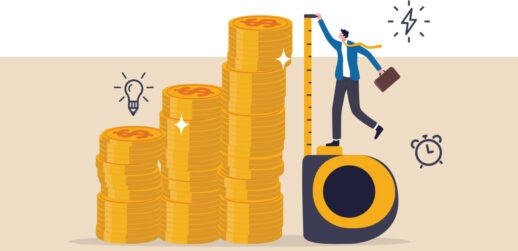Canadian and U.S. perspectives
Postponements, cancellations and attrition, oh my! Meeting professionals are reporting disruptions of everything from international trade shows and incentive travel to personal vacations. We talked to planners working on both sides of the U.S./Canadian border and found similar challenges met with creative workarounds. As always, the mandate was to do the job and do it well.
A U.S. Perspective

It turns out political decisions impact experiences on land and at sea. Jerry Vaughn, president and CEO of CEALS–Meetings and Incentive Program, based in Washington State, has been planning incentive travel for some of his groups for decades. Many know where they want to go and don’t want to waver. Now they are facing concerns about pricing and attendance. “I have never seen a time like this, and I thought I had been through it all,” he said.
Some of the hesitation is as scary as the headlines. “People with Hispanic surnames are concerned they will not be able to get back into the country because of abuses of processes,” he said. His LGBTQ attendees worry they will face discrimination, starting with requirements to state their gender as binary on entry forms, a move that has led nine countries to issue travel advisories against the United States. “There is a big fear factor,” he said.
Read More: Meetings Industry Controversy After Visit Florida Removal of LGBTQ+ Resources Page
Time to get creative. One of his international cruise meetings decided to start the event a day early, with the official meetings happening on land and those who feel comfortable going through customs embarking on the rest of the trip. “I’m still waiting to see what happens to the attendance,” he said.
He made other adjustments to meet the needs of as many participants as possible. Some groups shortened their trips to save money, including on already-elevated food and beverage pricing. Gifting was quickly off the table. “The most dramatic effect has been financial,” he said. “Retaliatory taxes levied against Americans may cause us to downsize from five-star to four-star resorts,” he predicted.
Even with these accommodations, executives are taking longer to sign contracts. “They hate uncertainty,” he said.
His advice to anyone trying to move ahead during these trying times? Be flexible, adaptable and imaginative. “I can’t do anything about the government. I have to figure out how to protect people and get it done.”
A Canadian Perspective

North of the border, uncertainty is just as unwelcome. Samantha Mele, founder and chief experience officer with The Creative Connoisseur in Toronto, reported that international clients are seeing lower attendance and sponsorship retractions because of the fear of U.S. and Canadian travel. As a result, experience products that were built are paying penalties to cancel the experience.
Read More: Canadian Tariffs Triggering Reputation Tarnish for U.S. Destinations
“If something hasn’t contracted yet, and it’s still in the proposal phase, the amount of items that actually convert has reduced versus the very first mandate,” she said.
“I am being cautious, but not coming from a place of fear.”
– Samantha Mele
When the turmoil over international relations impacts events she is working on, she is adjusting on a case-by-case basis. She always tries to source locally, so tariffs haven’t impacted her budgets yet; she can only hope this will continue—or search for alternatives.
“I am being cautious, but not coming from a place of fear,” she said. “You can’t believe everything you read.”
One positive thing she is doing is attending IMEX Frankfurt, where she can enjoy the slower pace compared to the U.S. show to meet with suppliers, connect with tech companies and learn. “I like to see what is happening in Europe and bring it back to North America,” she said.
This article appears in the May 2025 issue. Subscribe to the magazine here.




